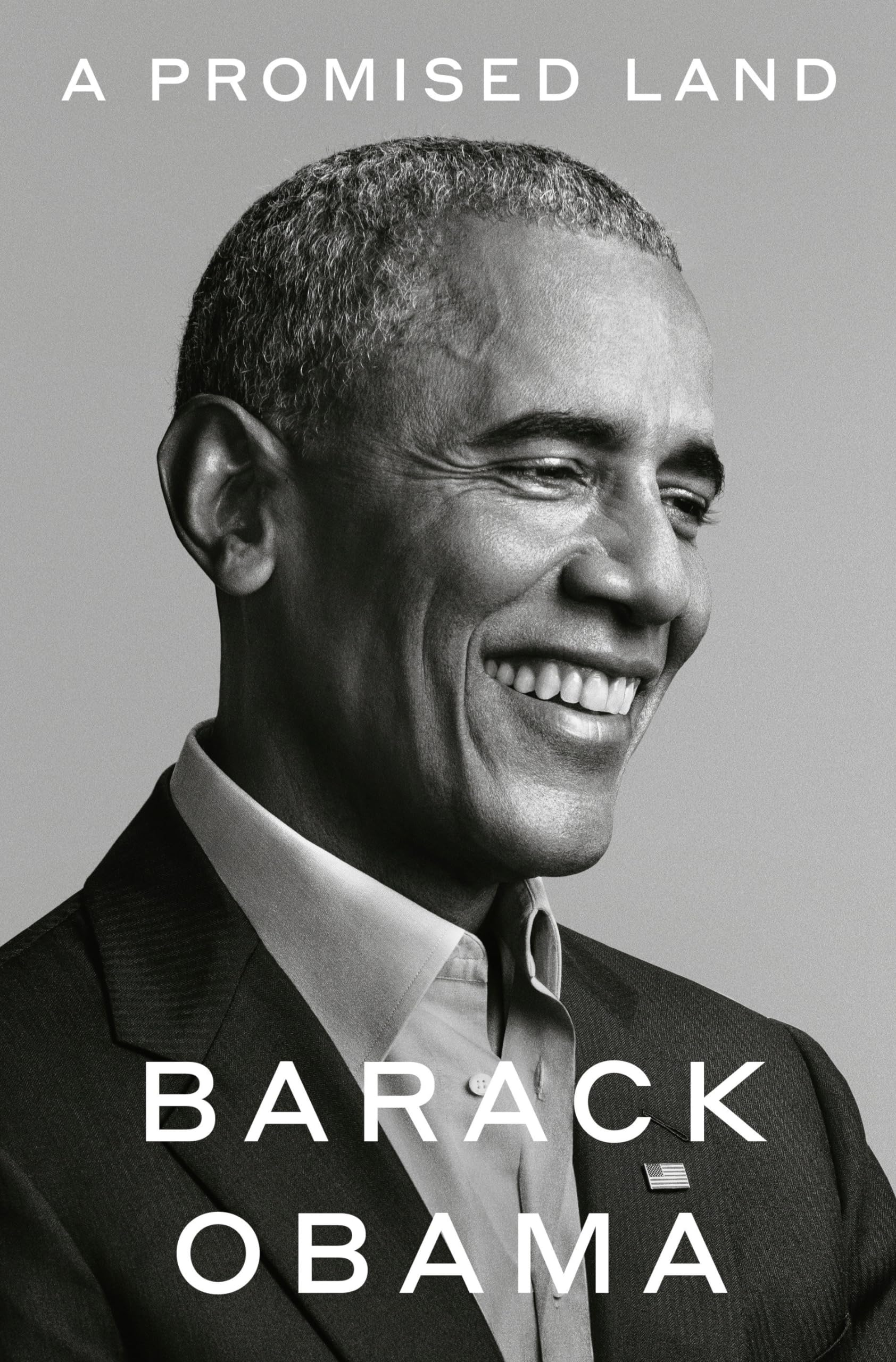CHAPTER 3: Obama’s Political Journey from Defeat to the Senate
byAfter experiencing a major political defeat, Chapter 3 of Barack Obama’s life unfolded as a period of deep reflection, leading to a transformative phase of personal and professional reassessment. During this time, he shifted his focus away from the political arena, redirecting his energy toward his growing family and cherishing the birth of his second daughter, Sasha. Embracing fatherhood with a renewed sense of purpose, he discovered the joy of being present in his children’s lives while striving to maintain a healthy work-life balance. This phase allowed him to explore potential career paths outside of politics, considering whether he could make an impact in other ways, away from the public eye.
Yet, despite this temporary reprieve, Obama found it impossible to fully detach himself from the political sphere. His involvement in grassroots efforts and discussions surrounding Illinois redistricting reignited his passion for public service and the belief in politics as a tool for bridging divides. Through interactions with communities across the state, he witnessed firsthand the struggles and aspirations of ordinary citizens, deepening his conviction that politics could serve as a force for unity and progress. These encounters reminded him that his work was far from finished and that he had a unique opportunity to shape a narrative of inclusivity and hope. It was during this period of reflection that he realized his potential to contribute meaningfully through a statewide office, and the U.S. Senate emerged as the ideal platform for advancing the policies and values he held dear.
Launching a Senate campaign presented immense challenges, requiring meticulous planning, unwavering dedication, and sacrifices from his family. Skepticism from political experts, coupled with the daunting financial demands of a statewide race, added to the pressure. Even Michelle, his wife and confidante, expressed reservations about the toll it would take on their family life and privacy. Nevertheless, Obama’s commitment to the cause and his message of unity gradually gained traction, attracting a grassroots movement fueled by volunteers and small donors. His ability to connect with diverse communities and articulate a vision for change resonated deeply with voters, ultimately leading to a decisive victory that catapulted him into the national spotlight and altered the trajectory of his political career.
As Obama transitioned into his role as a U.S. senator, he quickly realized the complexity of navigating the legislative process and balancing the demands of governance with the expectations of his constituents. Determined to make an impact, he prioritized building relationships across party lines, most notably working with Senator Dick Lugar on nuclear nonproliferation initiatives. This partnership not only highlighted his commitment to bipartisan collaboration but also underscored his strategic approach to addressing critical global issues. Despite these successes, the devastation wrought by Hurricane Katrina exposed the limitations of legislative power in responding to immediate crises, leaving Obama deeply frustrated by the slow pace of systemic change.
A visit to Iraq further shaped his perspective, offering a stark glimpse into the human cost of war and the challenges of international diplomacy. Meeting with American soldiers and witnessing the struggles of Iraqi civilians reinforced his belief that leadership required bold, compassionate action to address global crises. This experience, combined with the inefficiencies he encountered in the Senate, left him restless and eager to find ways to effect more substantial and immediate change. The weight of these realizations planted the seeds for broader ambitions, as Obama began to consider whether his impact could extend beyond the Senate chamber.
The journey from political defeat to the Senate was both humbling and illuminating, marked by resilience, introspection, and a growing sense of responsibility. The lessons learned from his campaign and early days in the Senate laid the foundation for a broader vision of leadership—one that prioritized unity, progress, and the empowerment of marginalized communities. While this chapter of his career provided valuable insights and accomplishments, it also made clear that his story was far from complete. Standing at the crossroads of reflection and ambition, Obama began to sense that a greater challenge awaited—a chance to redefine the possibilities of leadership and inspire a nation to believe in change once more.

